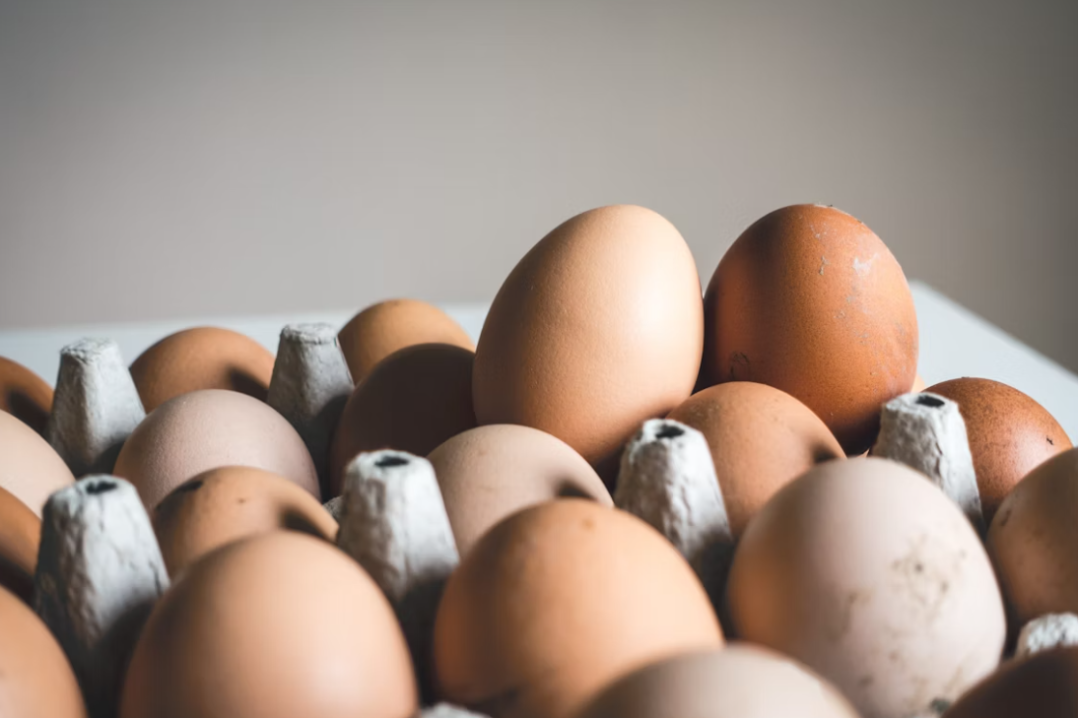Father suppresses gene expression to boost motherly love: study

WASHINGTON, July 31 (Xinhua) -- A new study published on Tuesday in the journal PLOS Biology showed that paternal genes could affect the type of care the offspring receives both before and after they are born.
Researchers led by Rosalind John and Anthony Isles from Cardiff University's School of Biosciences investigated the hormonal signals given off from the placenta during pregnancy and found mothers' care to pups depending on their hormonal levels.
The placental signals are thought to be important for programming a mother's behavior, preparing them for their new role as a parent.
According to the study, a gene called Phlda2 holds in check the placental hormone output.
The developing fetus has two copies of the Phlda2 gene, but unlike other genes, only one copy of Phlda2 is active, and the father's copy is silent.
The researchers used genetically altered mice to examine what happened if both copies of the fetus' Phlda2 gene were active (a "maternalized" condition) or if both were silent (a "paternalized" condition).
They found that mothers exposed to pups with the highest Phlda2 activity (and therefore presumably reduced placental hormones) nursed and groomed their pups less and instead focused on nest building.
By contrast, "paternalized" mothers, exposed to the lowest Phlda2 dose (and therefore higher hormone levels), spent more time nurturing their pups, and less on housekeeping tasks.
The authors also showed corresponding changes in two regions of the mother's brain: the hypothalamus and hippocampus.
This study has suggested that the father, by causing his Phlda2 gene to be silent in the fetus, could affect the nurturing behavior of the mother after his offspring have been born, since changes in the mother's priorities during gestation and after birth are critically important for the wellbeing of the new baby and their lifelong mental health.

































